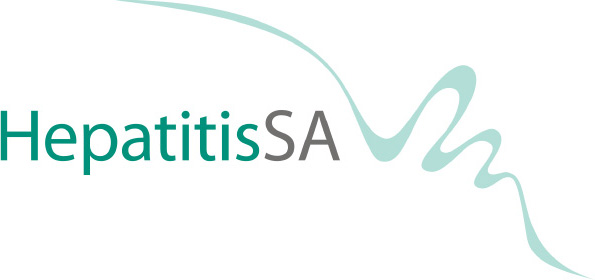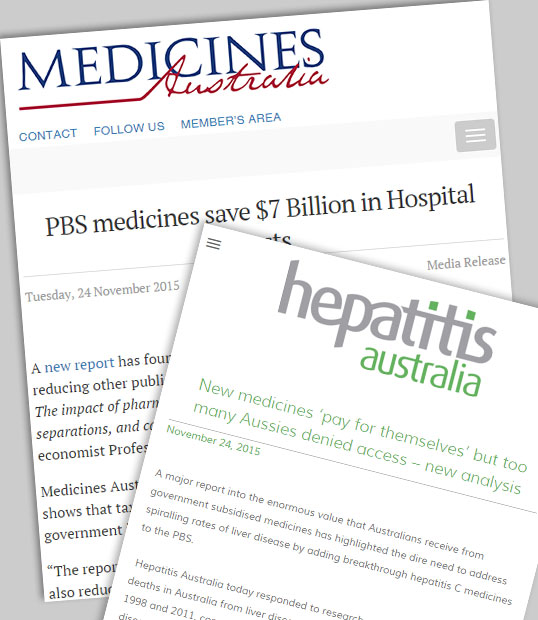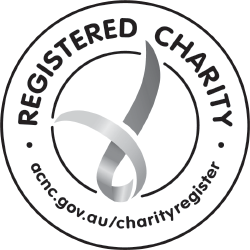The spiralling rates of liver disease in Australia, and the associated costs in lives and money, need to be addressed by adding new hepatitis C medicines to the PBS.
Responding to a new report shows that medicines on the Pharmaceutical Benefits Scheme (PBS) effectively 'pay for themselves', Hepatitis Australia CEO, Helen Tyrell, said protracted negotiations to list new hepatitis C medicines on the PBS "must come to an immediate end".
The Medicines Australia report by Professor Frank Lichtenberg from Columbia University Graduate School of Business, found that PBS medicines saved 140,000 years of life and $7 billion for the Australian hospital system, in 2011 alone.
Ms Tyrell pointed out that premature deaths in Australia from liver disease fell by a mere three per cent between 1998 and 2011, compared with a 42 per cent reduction in deaths from heart disease over the same period.
She said this discrepancy was directly attributable to a lack of investment in the prevention of liver disease which is often caused by untreated viral hepatitis.
"New hepatitis C therapies are the most significant medical innovation in a generation," she said. " These medicines have been rueld to be cost-effective and must be urgently added to the pBS to turn the tide on liver cancer, liver cirrhosis and liver failure.
"It is time to stop the narrow focus on the price-tag of medicines and recognise their immense value to the individual and the health system."
She noted that a liver transplant costs $150,000 in the first year alone and the cost of liver cancer treatment far outweigh the price of hepatitis C antiviral therapy.



